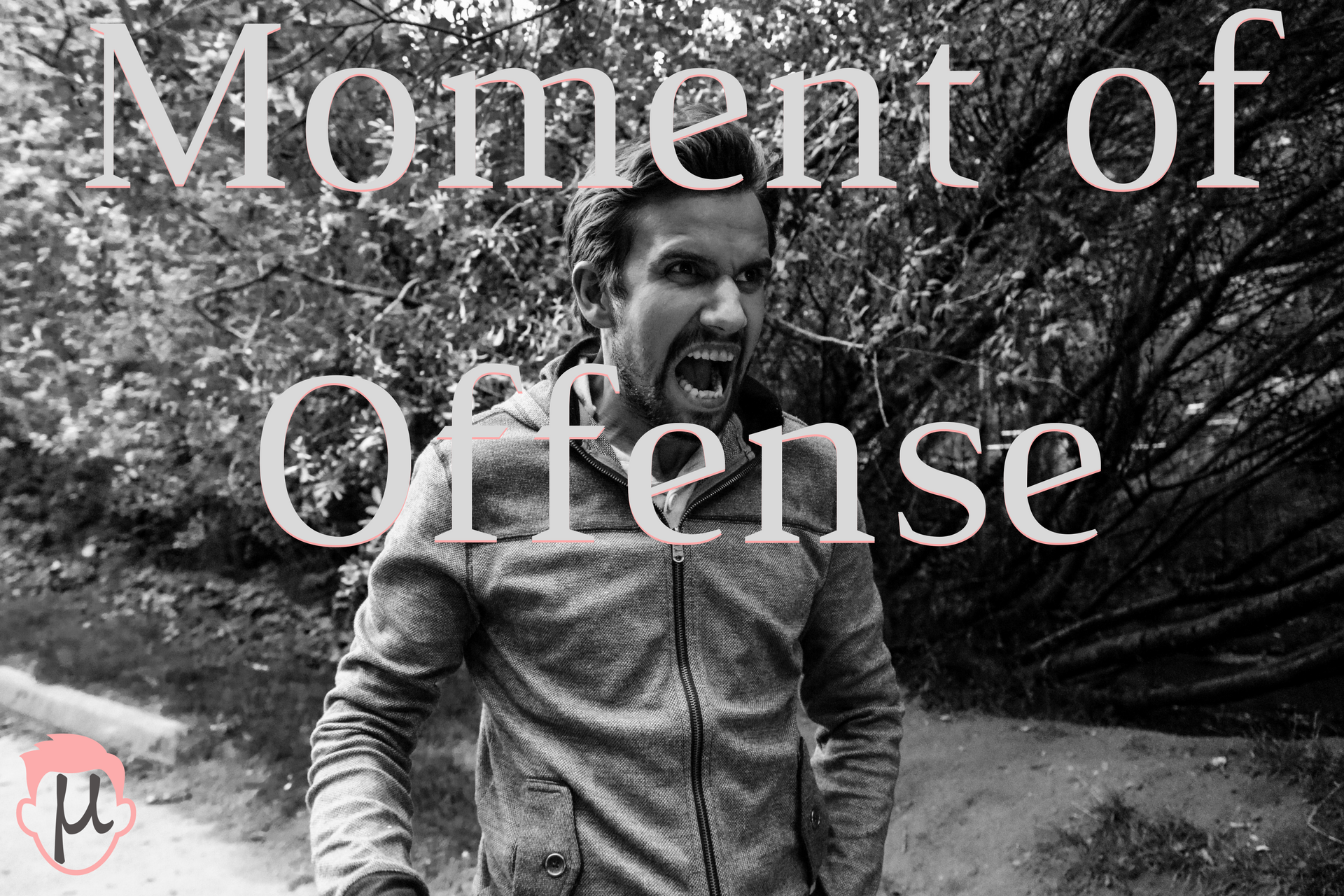Moment of Offense
When someone offends you, there is a moment.
There is a decision in the moment to be offended. To react and to engage.
In all these parts and pieces. The moment of offense is lost. You take action and are moving on and making assumptions or decisions. Acting or overacting and being hurt and engaging accordingly.
The moment of offense is the match.
Your processing of the offense is the fuse.
And your actions post processing is the dynamite.
The entirety of it all started in the moment of offense. But you are only in control of the fuse and the dynamite.
What if the next time you are offended, you decide to remove the fuse from the flame? Take it away from the burning unhealthy flame that is going to set fire. Instead, you investigate.
What caused your friend to make this decision? Why did they strike the match?
These are questions only they can answer, your assumptions cannot answer these questions.
How do you do when someone offends you? What is a healthy reaction? What is an unhealthy reaction? How would you want someone to respond to you when you offend them? How can you do this for people, even when they might not deserve it?
Love the post? Please share it on Facebook or support me on Patreon
